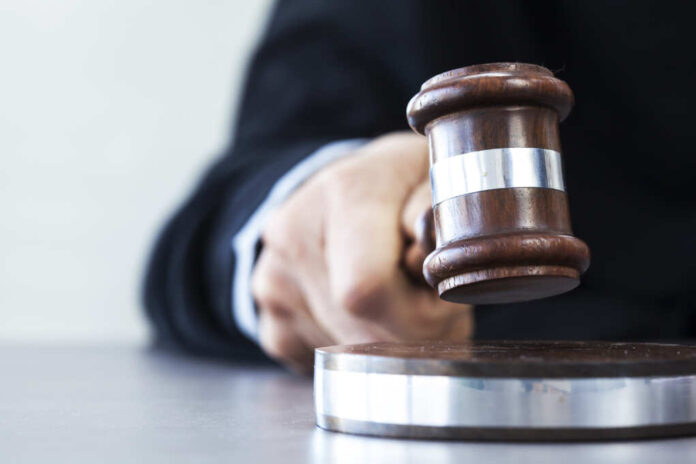
Sidney Powell, an attorney known for her challenges to the 2020 election on behalf of President Donald Trump, was found to have acted in accordance with ethical rules last week when the Fifth District of Texas Court of Appeals dismissed disciplinary charges filed against her by the Texas State Bar. According to the court’s opinion, the bar failed to present evidence of misconduct by Powell.
In writing for the appeals court, Justice Dennise Garcia noted the Bar’s failure to meet its summary judgment burden. “The absence of competent summary judgment evidence,” she wrote, “compels our conclusion.” The appeals court ratified a lower court’s finding that the bar’s case suffered from “numerous defects.”
Even though Powell’s election cases were highly controversial among establishment lawyers, Democrats and the corporate media, her actions demonstrate a firm commitment to ensuring every client has their legal claims heard in court when necessary.
The cases she filed alleged widespread electoral fraud involving voting machines and foreign interference, linking back to claims of corruption by the late Venezuelan dictator Hugo Chavez, as well as hackers from China and Iran. The Texas State Bar sought to discipline Powell for what they considered baseless legal filings, alleging that she had no reasonable basis to believe her lawsuits were not frivolous.
Sidney Powell Handed Win After Judges Dismiss Disciplinary Effort By Texas State Bar https://t.co/sh1jU06fSR
— zerohedge (@zerohedge) April 21, 2024
As bar associations in more states — even red states like Texas — become more politicized and bent toward progressive narratives, the Powell ruling could stand as a beacon for litigants who need zealous advocates who are not afraid of professional repercussions for representing their client’s legitimate claims.
Powell’s relationship with former President Trump has evolved significantly since the 2020 presidential election. The 45th president has distanced himself from Powell and appears to have not wanted to be personally associated with all of her lawsuits. He has clarified that Powell was not acting as his personal attorney. Nonetheless, he endorsed her work as part of a broader movement of individuals who believed in the need to address alleged election irregularities.





























